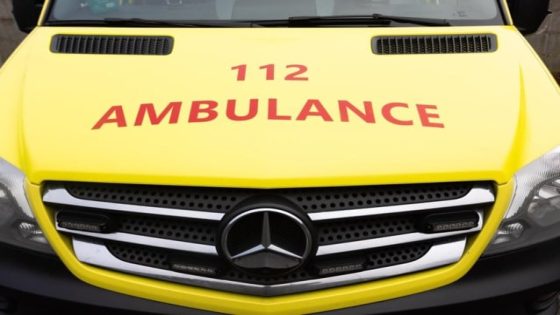The debate over the headscarf ban in provincial schools in East Flanders remains a hot topic among local politicians and communities. On 2025-05-21 20:19:00, the provincial council revisited the contentious issue after opposition party Groen requested a vote to revoke the ban for procedural reasons.
- Opposition party Groen challenges headscarf ban
- Groen cites procedural errors in regulation
- Deputy Kurt Moens denies formal mistakes
- Headscarf ban remains after vote defeat
- Vlaams Belang supports maintaining the ban
- Ban applies to ten provincial schools
Groen councillor Riet Gillis argued that school councils were not properly informed about changes to the school regulations, potentially violating education participation laws. Meanwhile, First Deputy Kurt Moens from N-VA defended the process, insisting all legal steps were followed and that the final decision rests with the provincial board.
With tensions high, the council ultimately voted against lifting the headscarf ban, supported by Vlaams Belang. What does this mean for students in East Flanders, and how will the ban affect schools moving forward? The fast answer sheds light on the local impact.
Why is this vote significant for East Flanders? The decision highlights ongoing debates about religious symbols in education and the balance between legal procedures and community values. It raises questions about inclusivity and how schools communicate with stakeholders. Key points to consider:
- Groen’s complaint focuses on alleged procedural errors in informing school councils.
- N-VA insists the participation process complied with legal requirements.
- Only one out of nine school council opinions opposed the ban, but the board has the final say.
- The ban affects a range of towns, impacting diverse student populations.
As the ban takes effect this September, will schools find ways to foster dialogue and respect among students of different backgrounds? Monitoring how this policy unfolds could inform future education debates in Belgium’s provinces. Stakeholders should stay engaged and informed as the situation develops.































